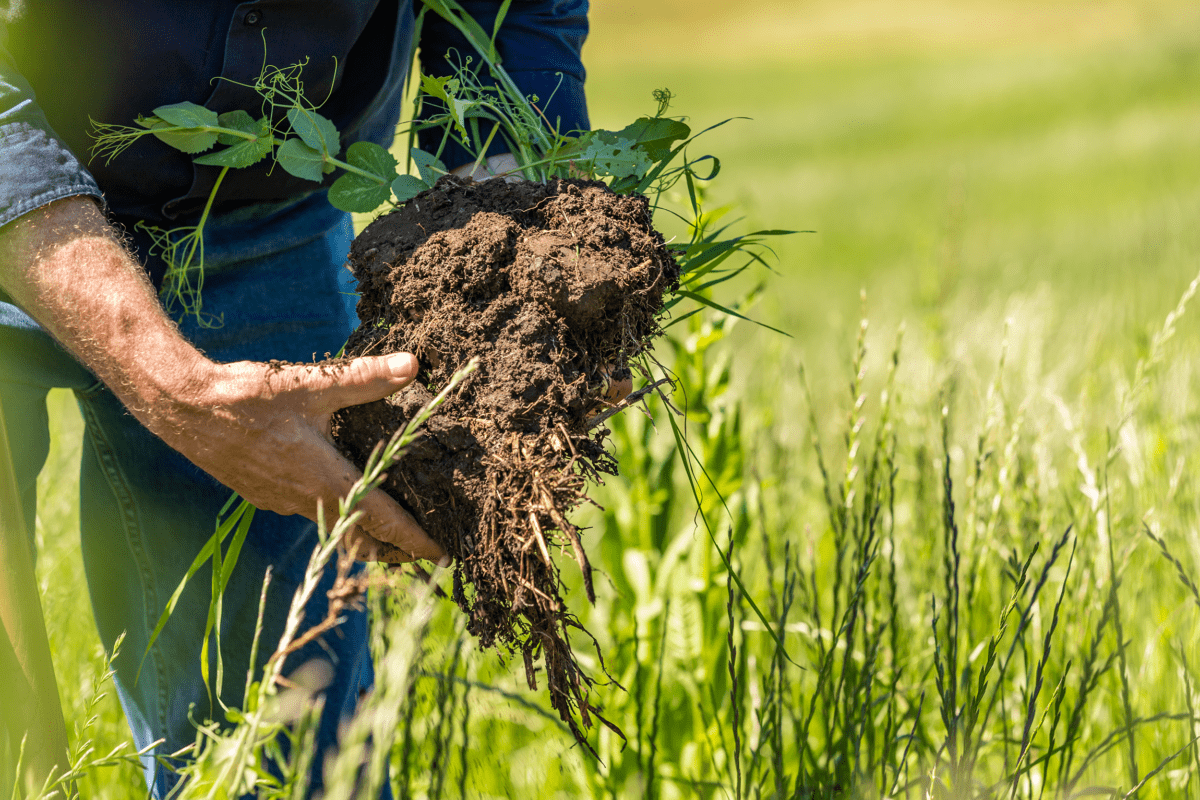Following the election results and the emphatic win for the ALP, the new front bench has been announced. Both, Minister Chris Bowen and Assistant Minister Josh Wilson have been re-appointed providing continuity on the Energy and Climate Portfolio. CMI is looking for urgent progress on overdue ACCU engine method development and integrity reform implementation. This continuity in the climate portfolios now needs to be followed up with credible action on reform and policy implementation.
Last week’s excellent Carbon Farming Industry Forum heard of irritations and frustrations with delays in implementation timelines that has some winding back capacity at a time when we should be scaling up. We also discussed industry milestones that can form the basis of a revised Carbon Farming Industry Roadmap that integrates and accelerated carbon and nature repair industry investment.
In the Environment and Nature portfolio there has been a change with the appointment of former Agriculture Minister Murray Watt. Minister Watt’s previous portfolio was Agriculture and we have had some previous engagement with him, so looking forward to working with him again.
The opposition has elected Sussan Ley as their new leader. Deputy-leader of the liberals is Ted O’Brien who has been the past energy spokesperson. The liberal party has yet to announce the shadow portfolios, and the coalition policy positions on nuclear, net zero and safeguard remain unclear. We hope for continued bipartisan support for net zero emissions by 2050 and clearer support for Safeguard Mechanism reforms and coherent climate and carbon market policies.
An important save the date for the 12th Australasian Emission Reduction Summit in Melbourne 13-14 August. Stay tuned for registration and other details on format changes with extra focus on markets and innovation. The theme is appropriately “Next Steps for Net Zero”. Some partnership opportunities still available.
Last week the Carbon Farming Industry Forum was held at Lennox Head in Northern NSW. Over 330 attendees participated from across the carbon farming sector. Part of the program was a site visit to two carbon projects which also included an invitation for media to understand at ground level what the issues and opportunities are for farmers and landholders.
The Forum has provided us with a great opportunity to dissect the outcome of the recent federal election.
The discussion centred around frustration with the lack of progress and hope that the election result will translate into actions on a number of fronts. What we need now is policy certainty and a new roadmap to boost investment in carbon, climate and nature.
In her opening remarks, CMI Chair, Dr Kerry Schott AO also highlighting the need for accelerated action to address some of the frustrations in the blow-out in timeframes for new method development, especially the IFLM method and the full implementation of the Chubb Review recommendations.
As I have stated in the post-election media release, Australians have given the Albanese Government an emphatic mandate for continuity in clean energy and decarbonisation policies. Ongoing credibility with investors, community and other countries will depend on urgent action with those policies and their administration.
While the election was focused on cost of living relief the issues of climate change and nature repair are important policies that require urgent attention.
Aside from announcing an ambitious 2035 NDC target for later in the year, priorities include the broadening and deepening of Australia’s climate policy suite across the economy, including the reformed Safeguard Mechanism, to support a credible 2035 NDC, informed by a national carbon market strategy and sectoral net zero plans.
We will be pursuing progress on these reforms and policies with government and the department.
In other news:
A paper published in the CSIRO’s Rangeland Journal in March considers potential grazing impacts in the Australian rangelands. CMI’s IFLM Technical Working Group did a recent review of this paper drawing three main conclusions:
- Stopping grazing can lead to significant increases in above and below ground woody carbon storage in rangeland ecosystems
- Increases in carbon storage are more likely, and more permanent, over longer time periods (decades)
- However, outcomes from grazing management are variable and dependent on local factors like vegetation type, climate, land condition and past land use.
The IFLM Taskforce has published an analysis of this paper with input from the authors.
After consulting on the new 2024 Public Release (PR) version of the Full Carbon Accounting Model (FullCAM), DCCEEW has just released a new version: https://www.fullcam.gov.au/
DCCEEW consulted on the new 2024 Public Release (PR) version of the Full Carbon Accounting Model (FullCAM) in 2024, and released a new version



